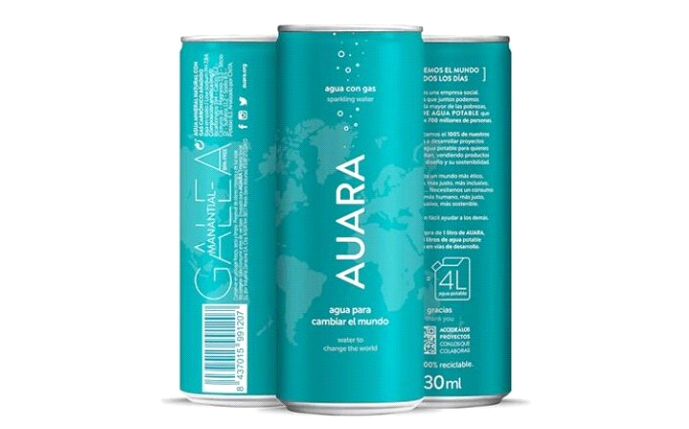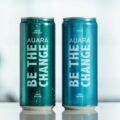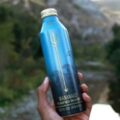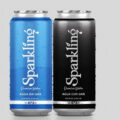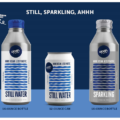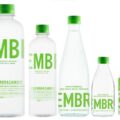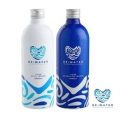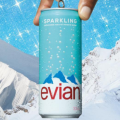Auara, in its commitment to care for the environment, has decided to use more environmentally friendly materials for its packaging. For this reason, they have launched a version of still water in an aluminum sleek can that contains 330 ml and comes from the Galea Spring in Asturias.
This mineral water brand becomes the first in Europe to use 100% recycled R-PET plastic for all its bottles, and has also opted for sleek aluminum for its cans. This is because they consider cans to be lightweight, highly resistant and highly valued for their ability to keep products fresh.
Globally, the can is the most widely used beverage container and also the most recycled. It is possible to reuse a can an infinite number of times without losing its original characteristics, regardless of its color or design. This makes it a model of circular economy.
Over the last decade, thanks to innovation, this packaging has managed to reduce its environmental impact by 31%, making it ideal for use in the sustainable food industry.
The brand has expanded its product range to include still water in cans, which joins the existing options of sparkling and still water in R-PET plastic bottles, as well as a line of juices with seven flavors available: mango, tomato, apple, pineapple, peach, orange and a mix of orange and carrot.
According to Antonio Espinosa de los Monteros, CEO and co-founder of the Auara brand, launching canned water will allow them to expand into the Horeca channel and offer a variety of products along with sparkling water and juices. This will help them meet their goal of bringing clean water to communities that do not have access to it.
Aurara’s mission is to end the lack of safe drinking water that affects more than 700 million people worldwide. To this end, they dedicate 100% of their dividends to developing projects for access to drinking water.
Its products are unique both in terms of design and sustainability. In addition, the brand has developed infrastructures in 23 countries and has provided liters of water in developing countries.

